The Versus Edit


We met with the team at Versus, the media platform and fan community championing the future of football. They explore how football today is integrated into culture, through both music and style, as well as advocating for marginalised voices through societal topics such as anti-racism, gender equality, sustainability, mental health and more.
Check out the team's Farah edit and full interview, as seen below.


What is Versus all about?
COREY: Versus is a media brand and fan community championing the future of football. What that means to us is we tell stories that uplift and push forward football’s impact on culture and society. When I say culture, I mean the way football interacts with music and style. When I say society, I mean the way football interacts with issues such as anti-racism, gender equality, sustainability, mental health and more.
We see it as our job to talk about and spotlight the things in football that no one else does, and where we can, uplift and advocate for marginalised voices and ideas in football that simply don’t get the shine they deserve..
Walk us through the story of Versus' creation. What led to building the platform and how has it evolved to reach its current audience?
COREY: We started Versus in 2017, based around the idea that we saw football changing quite rapidly. We saw players like Hector Bellerin who was actually able, and willing to, advocate for issues that spoke to marginalised groups in society. Bellerin was famously one of the few players to speak out against Donald Trump's abortion ban in the US, but at the same time he was walking on the runway for Louis Vuitton.
On the other hand, when Paul Pogba rejoined Manchester United, he appeared in an announcement video with Stormzy. We saw football and UK rap coming together at such a high level, again something that felt very new. Essentially we saw the game's new generation of players and fans becoming far more culturally fluid and willing to engage with things like music, style and politics than they ever have before, but we didn’t see a media brand that represented that shift. So Versus, from our perspective, was going to be and hopefully still is, the dominant brand that tells football’s off-pitch impact when it comes to issues in culture and society.

While Versus has a strong football focus, does your personal passion for the sport deeply influence your editorial direction?
AMIE: I’ve grown up loving football, and as a queer woman I very rarely saw myself reflected in the game. So working for a media brand like Versus, I can make sure the content and the stories that we tell speaks to a wider audience, one that like me, traditionally hasn’t seen themselves represented in football. I think that’s a really beautiful thing because although it is a sport and it’s based on technique and skill, the reach and the scalability of the game exceeds the pitch. So I think the stories that we make sure we tell at Versus speak to a breadth of people, not just one particular demographic.
You've cultivated a vibrant global online community. What strategies do you employ to keep your audience engaged and tackle under-reported topics within the industry?
COREY: As a team, we’re all super committed not just to football but to issues outside of the game as well. So when it comes to ideating content and working out what stories we do tell, we aren’t simply looking at the results from the game the night before, we’re all bringing our personal passion points to life through creative conversations. Whether it’s music, style, politics, sustainability… the reality is that we are storytellers and we’re passionate about way more than just what happens on the pitch. Therefore when it comes to ensuring we’re ahead of the curve on issues you wouldn’t see other football brands talk about, we do it because we love it and it’s so natural to us.
MAYOWA: Versus is a community above being a brand. We often say that football is a global language and it’s a great connector, whether you’re in Brussels or Brazil, London or Lagos, it’s the one thing compared to many things that enables people to speak together and we use football as an entry point to speak about really big societal topics. The reason we can do that is because we have this community that accepts everyone and allows everyone to be who they are and their best selves and that’s not only how football should be, but how the world should be.

Describe your observations on the recent strides towards diversity within football. How can platforms like Versus contribute to this movement?
JOHNNY: When the Versus brand first started the focus was predominantly more around football and culture, specifically that intersection of football, music and style. As we got into it and our tastes matured, we started to understand that new football was as much about how football was impacting society as it was culture and that whilst Hector Bellerin walking for Louis Vuitton at Paris fashion week was cool, him fighting the abortion issues in America was probably cooler. Whilst Youngs Teflon mentioning Marcus Rashford in his lyrics is also cool, Marcus Rashford taking on the British Government around child poverty is cooler.
When we first went on that journey, starting towards the end of 2019 and getting into 2020, that focus was initially around football and race. We really identified that whilst there were a lot of fan stories as to what it was like to be a black/mixed race/asian fan going to football in the 80s or 90s, it wasn’t very well-documented from a modern perspective. So we initially made it our mission to tell that story around fans from diverse backgrounds going to live football and once we started telling that story it gave us confidence to use that as a platform to go onto speak about football in the LGBT+ community, football in sustainability, football and gender equality issues and really grew into being this football culture and society brand where speaking out for marginalised communities became such a strong part of our identity.
MAYOWA: One thing that we all say is that football is for everyone and whilst we believe that to be the case, the game has shown us that it’s not. If you look at the top levels of the game, it remains white, pale, male and stale. You look at the boardrooms and it’s the same thing. What we really wanted to do is showcase how that’s not how it should be, whether that be making sure that our fans and community have a say in what the game should feel like, essentially future-proofing what the game should be like. Even things such as making sure footballers realise that they are able to use their platforms and speak out. We’ve mentioned Hector Bellerin and Rashford and it’s great that players at that level have taken it upon themselves but there are so many more individuals that have issues pertinent to their lived experience but didn’t know how to talk about it, where to talk about it.
That’s where the diversity and inclusion comes in and the more you foster this approach and enable stories to be told, the more people realise that maybe this game is for everyone. If we look at our journey years ago, the amount of topics we speak about continues to broaden, we continue to challenge ourselves, we continue to speak to subject matter experts to understand their viewpoint on certain topics. While we have a super diverse room internally, we know that we can’t speak to everyone but we’re more than willing to speak to the right people to tell their stories.
We often say that it’s about being the voice for the voice and making sure this platform that we’ve built is a community and truly one for everyone. If we don’t have the voices in the room, we will go out to get those. That’s the key thing, it’s not just about making it diverse, it’s about making sure that everyone’s actually included in the future of the game and I think that’s a point of differentiation compared to others.


Moving on to the wonderful world of fashion. How would you describe your personal style?
AMIE: I’ve always struggled with my own sense of personal style and I think that is because of my queerness and not being comfortable with who I was, my sense of identity and how to showcase that to the world. When I did come out and accepted myself for who I was, I had no issues wearing ‘men’s clothes’ or a slightly looser, baggier fit. Maybe tighter on top, looser on the bottom, just playing with different silhouettes. For me it’s more about being comfortable, I’d say I’m probably more streetwear aligned than anything else.
I really like terrace culture and for a long time I couldn’t see myself wearing anything like that. I actually think what Farah does is that to an extent but slightly more elevated and I can wear it not just at a match but in the office and at the weekends. So for me I’d say simple, probably on more of the masc[uline] side but it’s been a real journey in terms of how I’d describe my own sense of style.
JOHNNY: I’ve always just straddled the border between streetwear and terracewear. I’ve always gone to football matches more than anyone i know, but always been into streetwear as well. For me it’s always been about blending whatever is in fashion from a streetwear perspective with the heritage terrace wear brands and the brands I wear have never changed. It’s about how I can bring those two worlds together so it’s been quite frustrating to see that come into fashion to be honest.


MAYOWA: I wouldn’t know how to define my style but I do like accessorising or making something that feels like a bespoke piece to me. For instance, if it’s not bright footwear, is it something to do with rings or to do with my hair. Just a little easter egg to be like that’s a little different. I love a coord but at the same time I like putting things together. A lot of it just comes from being comfortable but functional at the same time as well. Also being able to flex in different environments, something you could wear out on a Saturday but also an outfit you could wear to work.
Are the outfits you’ve chosen for the Farah edit a good reflection of what you usually look for in a piece of clothing? What made you gravitate towards these?
JOHNNY: This is definitely a reflection of what I’d usually wear. I’m a big shorts man. I remember when I wore shorts to the office for the first time this year that was commented on a lot and as soon as it hits 15 degrees the shorts get activated. I do like blending shorts with more formal wear pieces such as jackets on top and I wear a lot of collars so this is exactly something that I would wear.
What comes to mind when you think of Farah?
COREY: Farah does represent an elevated casual look but also the quality and timelessness of the pieces is also very important. When you look at Farah it does represent style. When you buy Farah you buy quality.
MAYOWA: When I was growing up I had this Farah blazer and it’s one of those things that I’d put on and everyone would go phwoar that’s proper. But if you looked at it it was neutral in colour but the way it would sit on your shoulders made it super premium.
JOHNNY: For me, even though I’m not wearing them today, Farah is the Original Trouser Company. I do really associate the brand with its roots around that first wave of Caribbean integration to the UK that my family was a part of. I know that generation really rocked Farah and that’s why for me it works really well reflecting the style that I mentioned blending streetwear and terrace wear. That blend really reflects my dual heritage from Barbados and the UK and Farah is a brand in its essence really reflects that because it’s been adopted by two subcultures that I identify with on the football terrace wear angle but also on the heritage side as well.

Farah bottoms were a part of the dawn of UK terrace culture in the late 70s and early 80s. Do you think the tribal instinct still exists amongst modern football supporters when it comes to selecting their matchday fits?
JOHNNY: Absolutely. For a match going football fan it’s really interesting because I go to a lot of football matches, I go to literally every single West Ham game still whether it be home, away, Europe, the UK and the thing I’ve found really interesting recently with the rise of men being more willing to talk about their emotions, what I’m seeing is my friends even those older than me and around me, are much more willing to be honest about the fact that they are trying to dress well and having much more open conversations about what pieces people are buying, how much they pay for it, the deal they’ve got and where they got it from. Before it was more of an unspoken thing when it came to the fashion around terracewear and where people were trying to dress the best they could it was totally unspoken of. I’ve really noticed the people I go to football with it’s much more open.

COREY: I think individualism has also become a more accepted part of football fan culture. If you look at the way that players themselves have become more cultural and expressive in terms of what they wear and what they’re interested in, that’s been reflected by fans as well. As a result of that culture around the game changing and becoming slightly more elevated and more fluid, fans have become way more comfortable expressing themselves with what they wear on the terraces than they used to. So the environment that football has right now is slightly more welcoming, more friendly and inclusive and that does mean from a style perspective, fans are way more able and ready to express themselves through dress than previously was the case.
In your opinion, is there a clear correlation between football and fashion trends? How can a platform like Versus bridge the gap between both worlds?
JOHNNY: When Versus was in its early days, football and fashion was obviously a core part of our content output. We never could have guessed that it would have changed at the rapid pace that it did. We’ve arrived at this point where not only do you have players in the front row of fashion week, collaborating with fashion brands, you have fashion brands creating football pieces and clubs making fashion pieces. The speed at which the change has happened, we never could have guessed it would get to this point this quickly. It really has become not just the status quo with football and fashion being integrated this way but we’re almost starting to ask, is this too much? It’s an amazing thing to be honest.
COREY: When we started Versus initially the football and fashion collision was mostly sportswear and streetwear becoming more and more combined. The first news piece we did when we launched was Virgil Abloh and Off-White collabing with Umbro. At the time a heritage sportswear brand and a new-wave streetwear brand didn’t come together very often. That was where the new space was and the ecosystem around football has developed and players themselves have become real cultural catalysts as we define it. The things they wear, what they talk about and the places they go to has set the tone around what fashion culture is for young fans generally. I think that’s what the biggest change is and 20 years ago players like Alan Shearer, Michael Owen weren’t really setting the pace around fashion that right now, Marcus Rashford, Raheem Sterling, Ebere Eze, Heung-min Son can. That’s the big change with players right now being far more culturally influential than they’ve ever been before and that just changes the potential of the entire football and fashion space.
JOHNNY: It was only three or four years ago we would say that if a football player was wearing something, it was a sure fire sign to absolutely never buy that brand. Players used to live in this weird money bubble where they would all wear the same pieces and if you were an outsider looking in who was into fashion you would be like “where are they getting the idea for wearing this?”. There’s been such a huge shift in recent years where if you see a player wear something now and you don’t recognise it, the first thing I will be doing is finding out what is that brand and it’s not always the super high price point stuff anymore either. They’re getting much more creative with it whereas before it was expensive, inaccessible and extremely unfashionable. Huge change.
Have you seen any recent brand or club partnerships within football fashion that took your fancy? Any that left a big impression on you?
JOHNNY: Recently, Manchester City announced that CP Company were going to be doing their off pitch wear and that was really interesting because they are a brand that obviously has such deep roots in football. There are a whole host of British and Italian brands that do have that deep heritage in football, Farah being one and Burberry, Stone Island and CP company. I think that whilst you’ve seen other high fashion brands doing official club and player partnerships [Dsquared2 were the partner before for this exact role], I’ve been observing whether any of the brands that have that real heritage in football are going to get involved on a club basis and I think that CP Company have been the first to do that. More than any other club partnership that’s been announced, that one really resonated with me.

You frequently feature the Lionesses and their achievements. How has the women's football landscape transformed in recent years?
MAYOWA: When we speak about the women's game we often make the point how the game was stopped for 50 years within the UK. If you think about the development lost, time and resources that were not put into the game… Where everything’s gone in recent years, it’s a really beautiful thing and it’s only going to continue to blossom. You only need to look at the attendance of WSL games and the fandom post the Euros. You only need to look at individuals within the Lionesses and the branding and exposure they’ve got. Women’s football is exploding at an alarming rate. Not just for your top talents but players across the board.
COREY: We’re really committed to giving the women's game equity within our platforms but from our perspective, we think football is football regardless of who plays it. When you look at football culture now, not just women’s, the world is starting to see that as well.
When we started Versus and started covering the women's game, unfortunately the bias and the hate that did exist for it and simply pure gender discrimination and unfiltered sexism was so clear to see. The more the game has been platformed, the more eyes are exposed to how great the game is and how amazing these athletes really are. Their opinion is starting to change as we see our perspective in that conversation being really important and what we can do is continue to open up the women's game to so many more eyeballs and ears. From a cultural standpoint, the on-pitch product is absolutely excelling right now and everyone can see that but also the players and the stories they have and the cultural influences that they can bring to not just young girls but young men too is clear for everyone to see. Whilst BBC and Sky Sports do such a good job at the result space, what Versus can do is tell the story of the women's game through societal themes, through fashion and music, because those stories also exist in that space, they’re just not being told quite as readily as we think they can be.
Let's talk Euros... What do you think England's chances are this year?
JOHNNY: England will win the Euros this Summer.
COREY: I’ll say there or thereabouts.
MAYOWA: I think England will always have a good chance at the Euros. Not only is it an extremely talented team, now more than ever it’s a very cohesive team. There’s been a lot of changes in terms of some of the normal mainstays but it’s a team that's grown together for the last few years and it won’t be about talent, it will be about the luck of the draws and how the big games go on the days. If you take chances you definitely can win. Away from the actual performances in the tournament, what I love about this England squad and have loved for the last few years, it truly feels representative of how I see England. It’s a lot more diverse. It’s full of individuals who no matter what it is are speaking about topics that are quite personal to their lived experience and the fact that they all seem to have each other's backs and there's a unity is not something we’ve always had in an England squad. I think it’s something that we saw with the Lionesses in that once the tournament ended they had great change in terms of making sure that there's more PE for young girls in society. I think this England team can do things that make you realise that we’re proud to be supporting that team. Whether they bring it home or not, I just hope that I can continue to be proud of the team and what they stand for, as well as their performances.

The (delayed) 2020 Euros brought together many people who may not have previously engaged with the sport. How have you seen football positively impact social experiences? Is this changing as the years go on?
MAYOWA: The 2020 Euros were quite interesting. England got to the final but what transpired afterwards was in football’s timeline something that will be a big marker for the rest of time for the treatment of Jadon Sancho, Marcus Rashford and Bakayo Saka. What it showcased is even though there's been a lot of progress within football, there is a lot of old rhetoric and feelings that exist that we can’t hide away from. Yes there’s been improvements in certain areas but we’re not at a place where that feeling of those moments are eradicated from football. Whether that was looking at the response of all the messages of support that Bukayo Saka got sent, or seeing the way teammates rallied around Rashford and Sancho, it made you realise that now more than ever people are determined to make sure that no player ever feels like that again. And not just that any player feels like that, people who relate to this feeling in wider society.
We've got a sweepstake going on in the Farah office and it's getting quite competitive... What are your predictions for 2024? Who's going to win?
MAYOWA: I got England so it’s coming home.
JOHNNY: My pick was so disappointing and I honestly can’t even tell you who it was because I threw it in the bin as soon as I got it.
COREY: We chose the top 16 ranked teams in the world so in theory those in the office would have some kind of rough chance and we didn’t draw any duds. Poland were the lowest team so I was really upset when I drew that. I would say that I just like France in major tournaments and I would say that from looking at all the squads on paper, theirs always looks the best. They do have a tendency to implode sometimes which is also fun to watch. But I would go for France as my personal pick.
MAYOWA: I don’t think France will win and I think their implosion is due, maybe just a little one. I think Switzerland are a team to look out for and they could be the dark horse and the team that slowly creeps up. I think Spain, as ever, as people look at that team and don’t see the megastars but they’re a team that will always be in and amongst it.
I think England can go a very long way but it’s just predicated on Harry Kane and whether he will finally have his big moment. He’s obviously an amazing goalscorer. If he were to have that at this Euros it would mean that England would win so go on Harry.
JOHNNY: It’s amazing to hear you backing Switzerland because I think that’s who I got in the sweepstake! England don’t have the best squad in terms of attacking firepower but we probably have the strongest team and I think that will carry us through. I think Ollie Watkins was the real player of the season this year, the amount of goals and assists he got in the premier league was absolutely insane. I think he actually went under the radar to some extent. Then you look at some of the other attacking options with the likes of Jude Bellingham, Phil Foden, Cole Palmer and Bukayo Saka, we’re actually very, very spoilt and I think that between them, they’ll bring it home.

VERSUS - The Future of Football.
www.versus.uk.com
@Versus


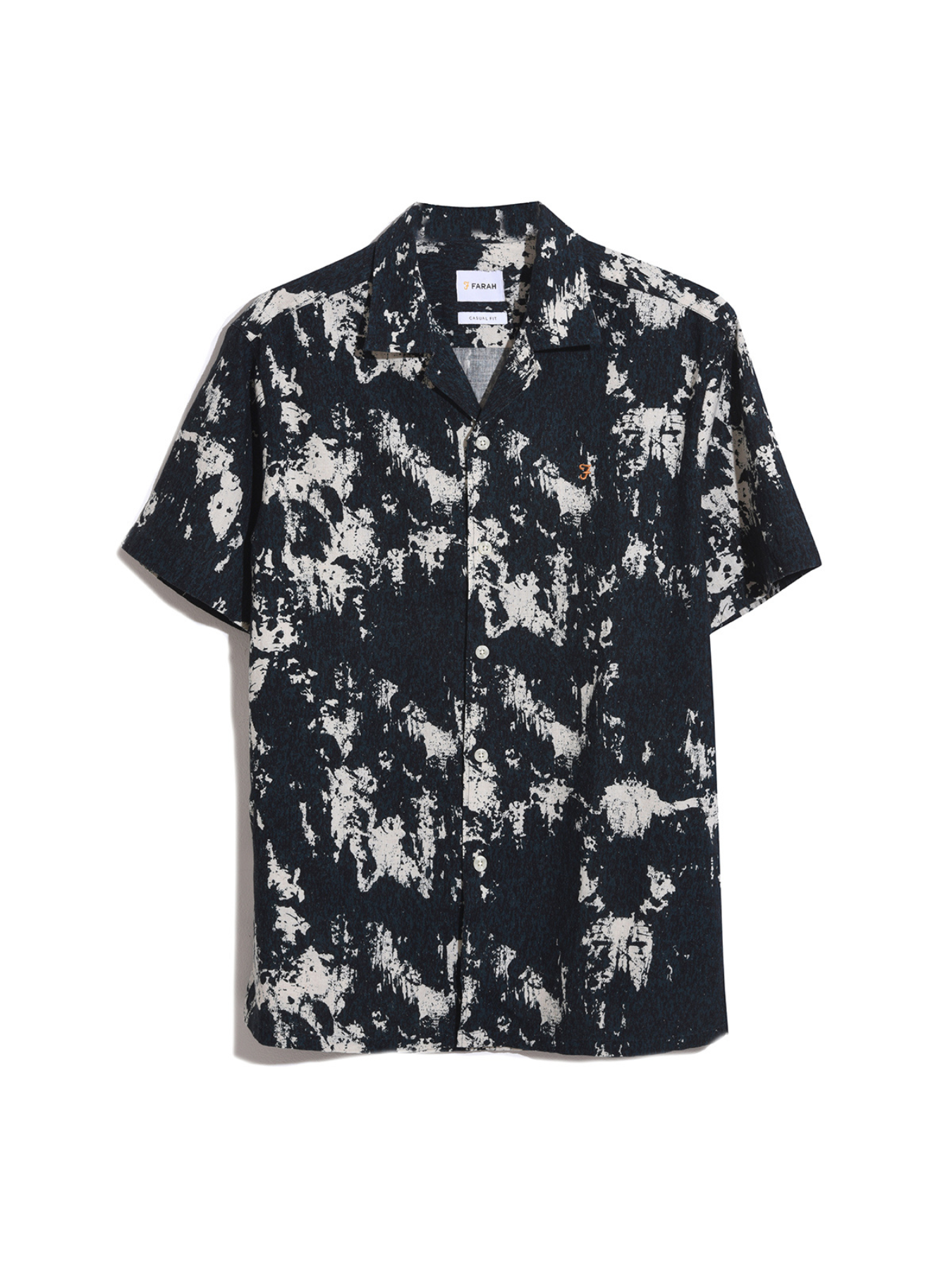
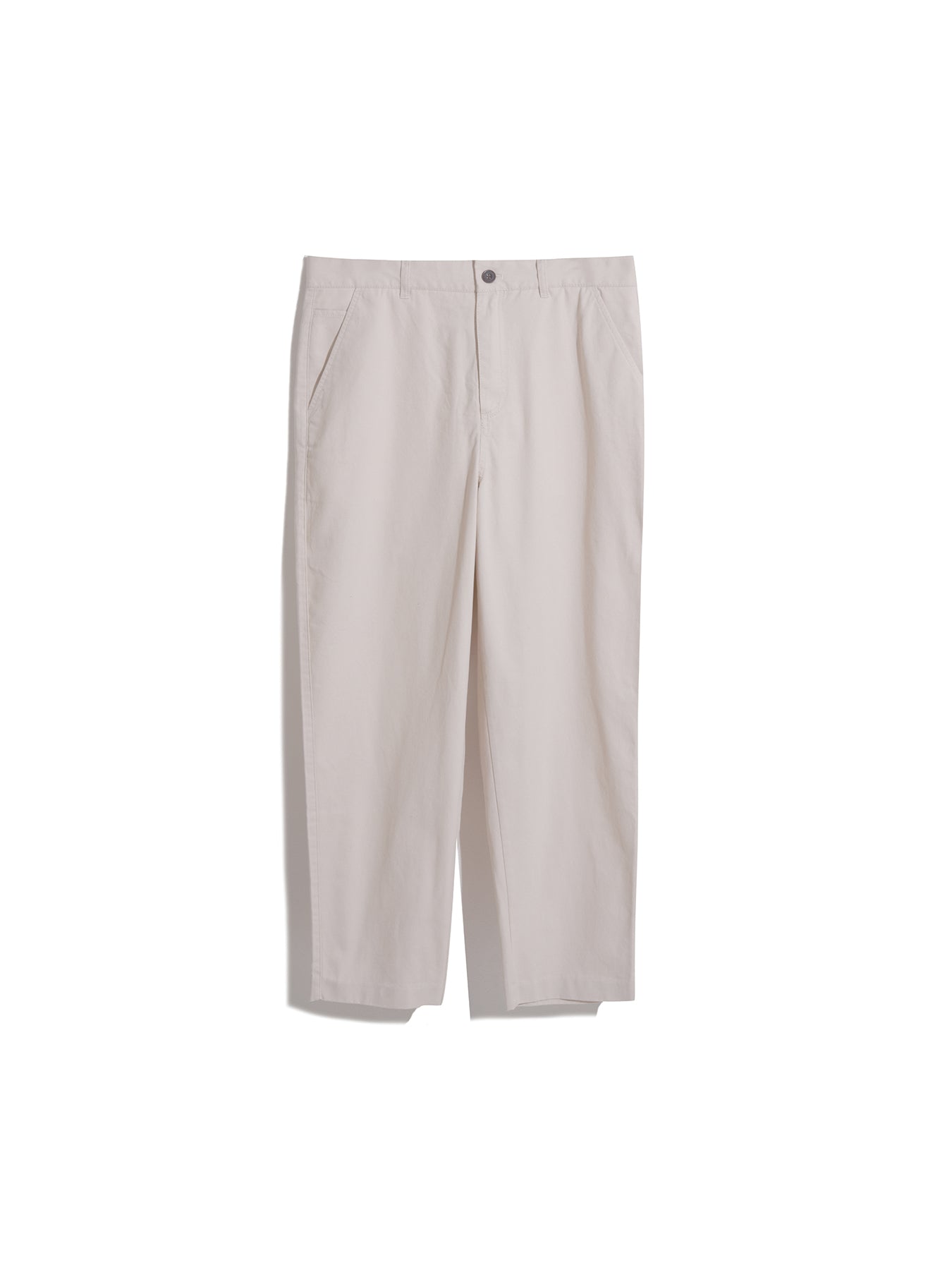
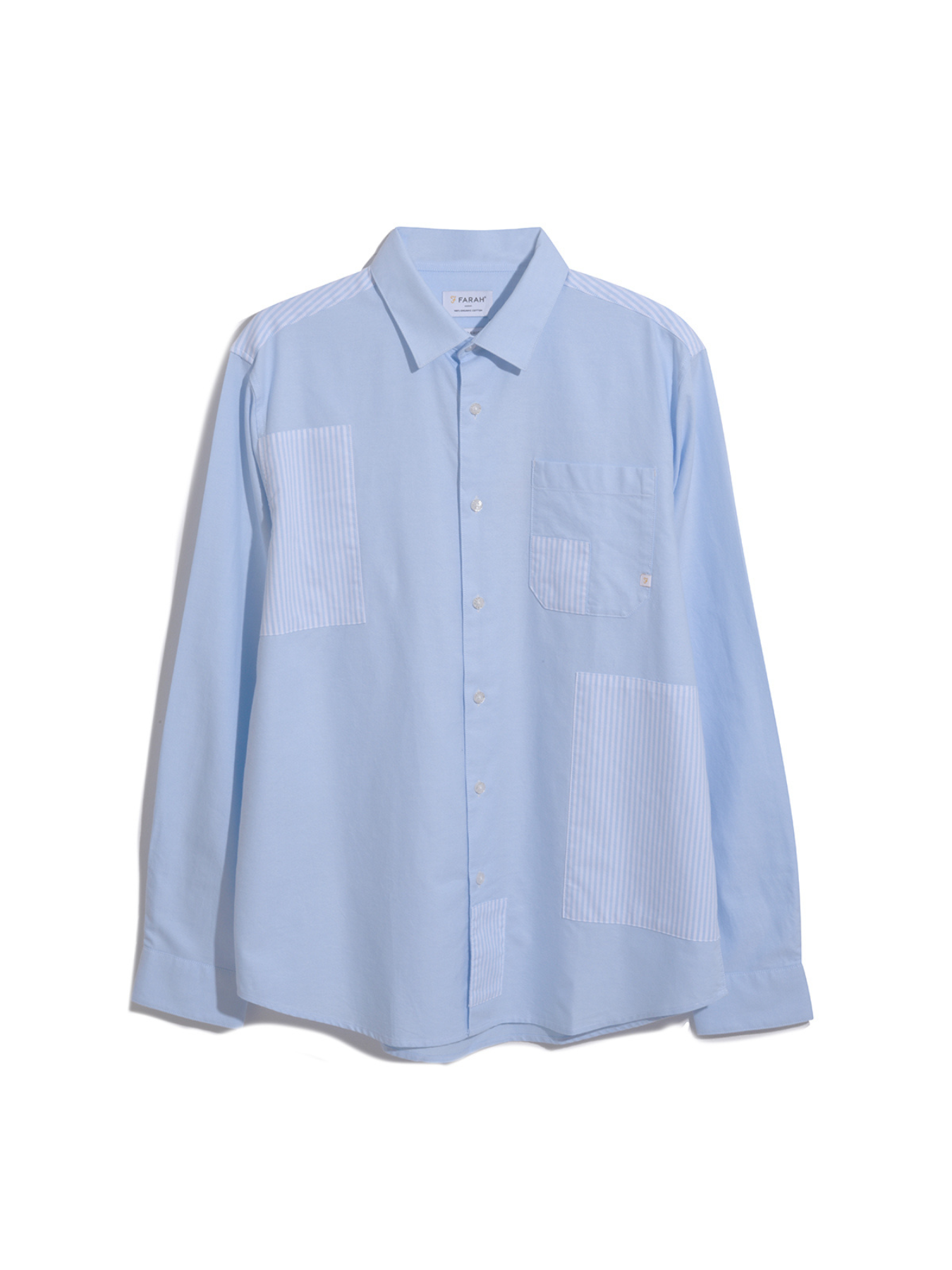
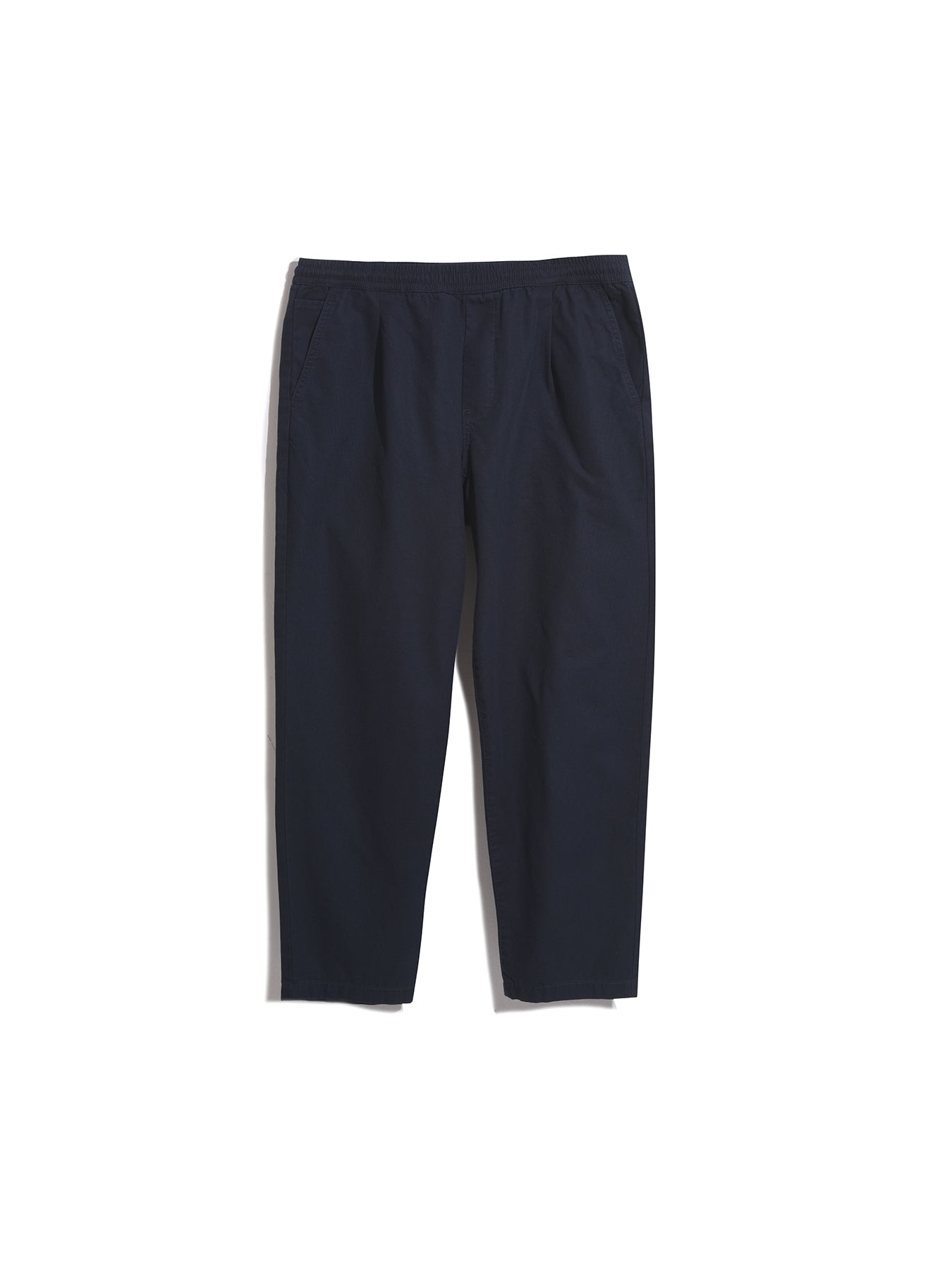
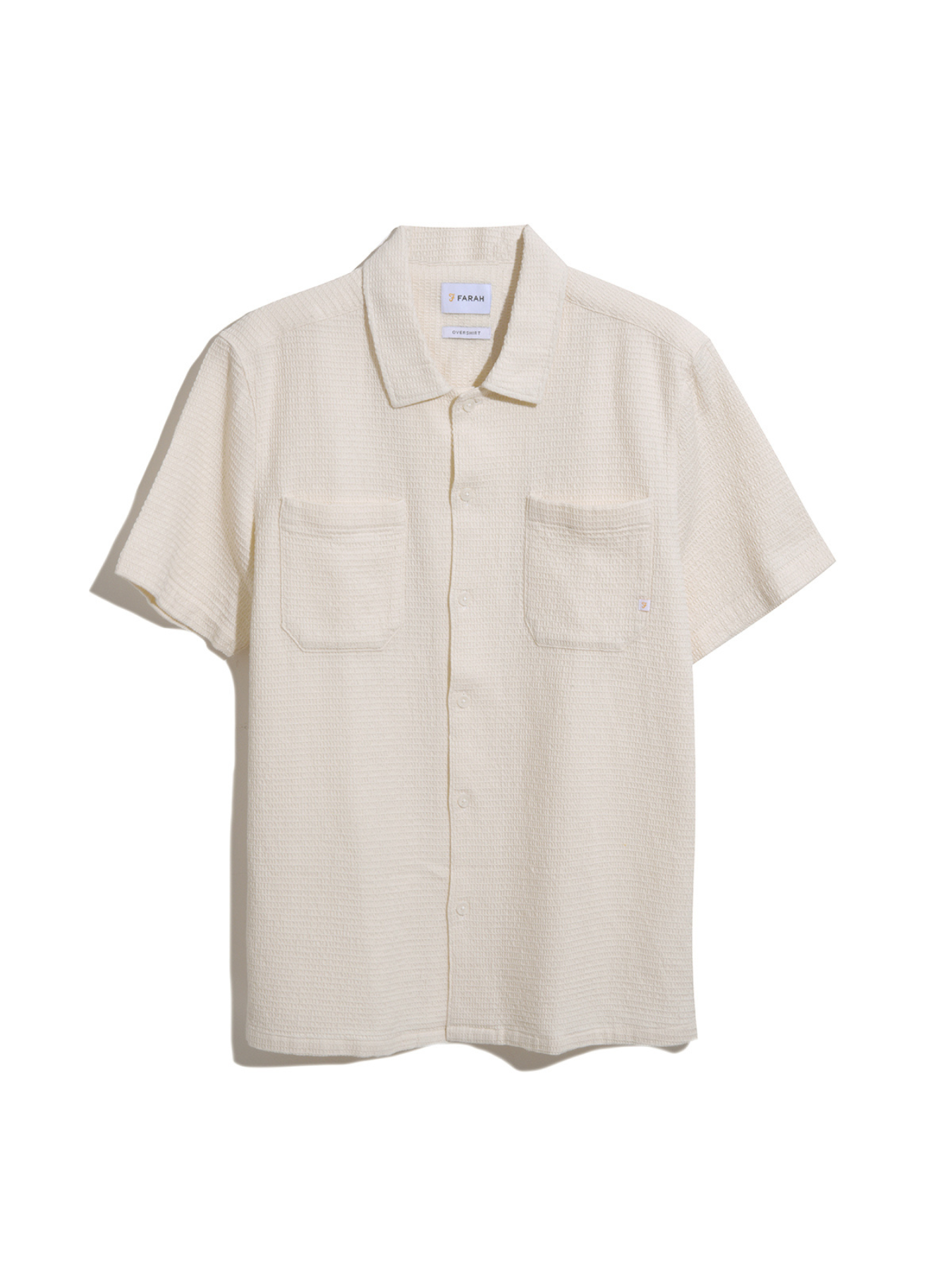
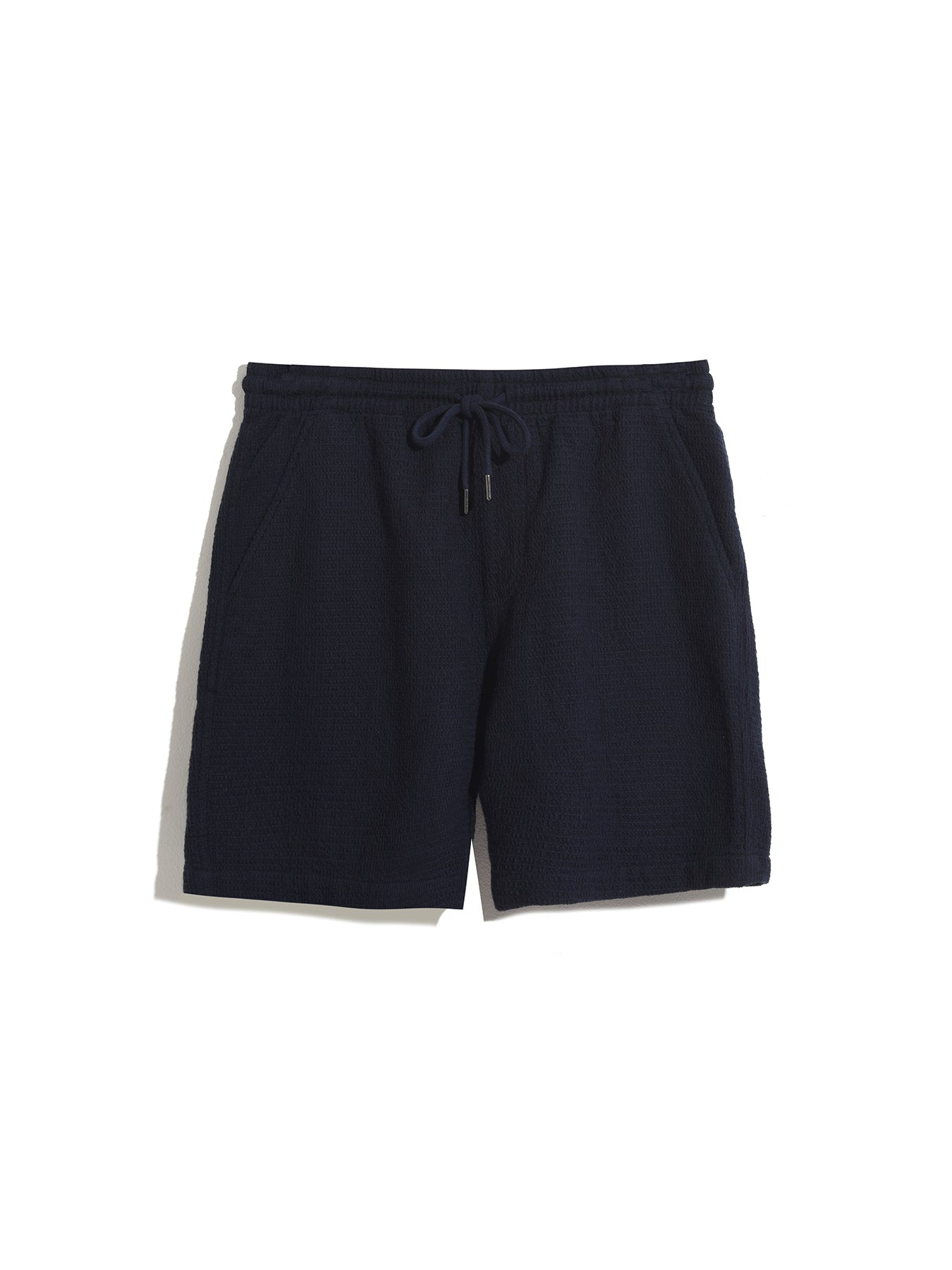
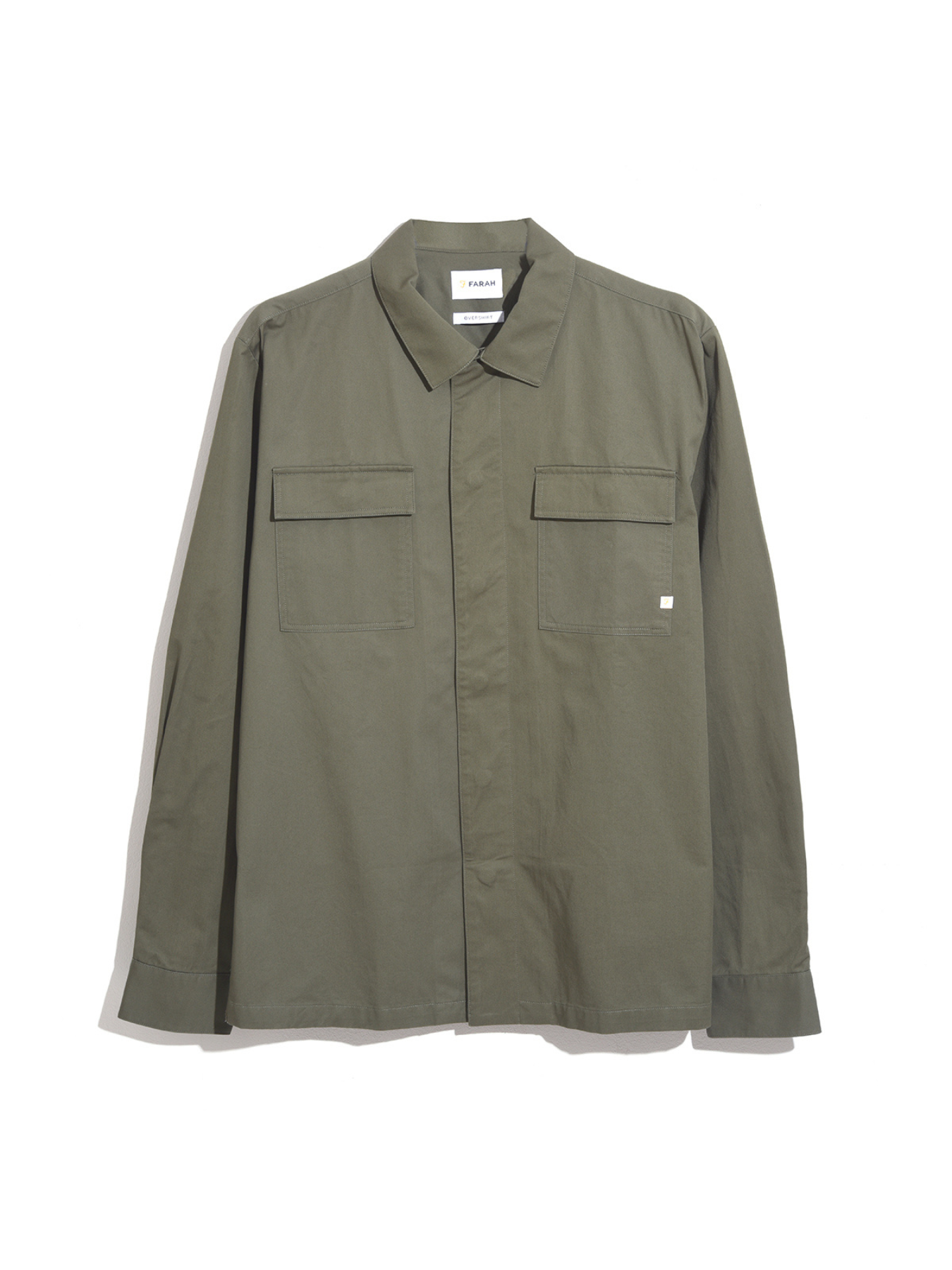
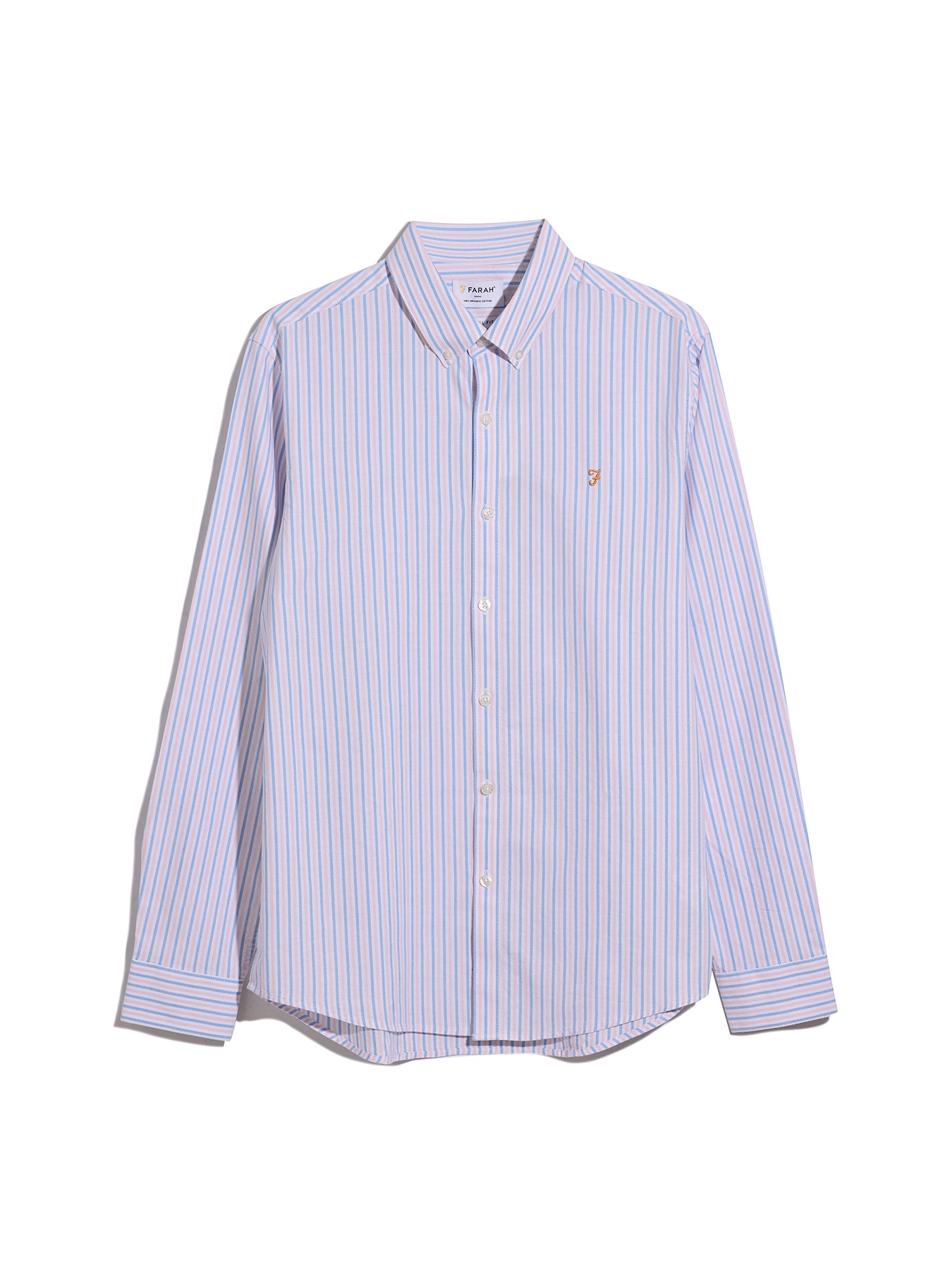


Hinterlassen Sie einen Kommentar